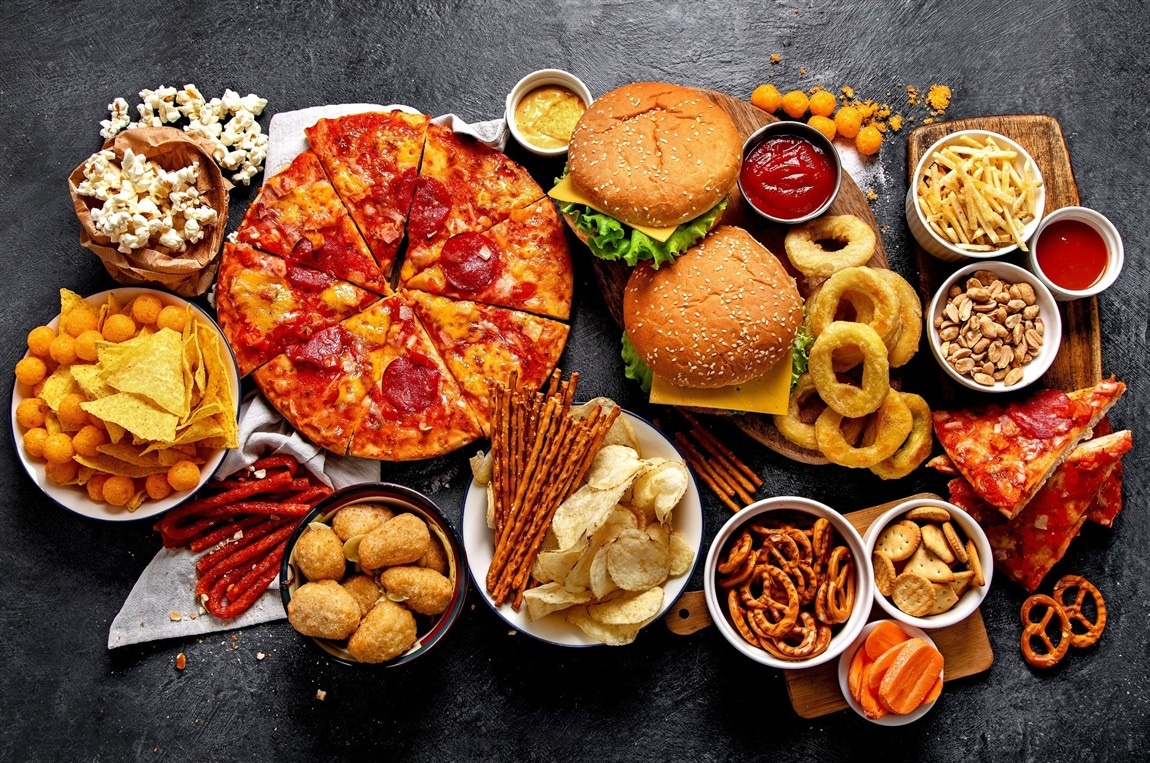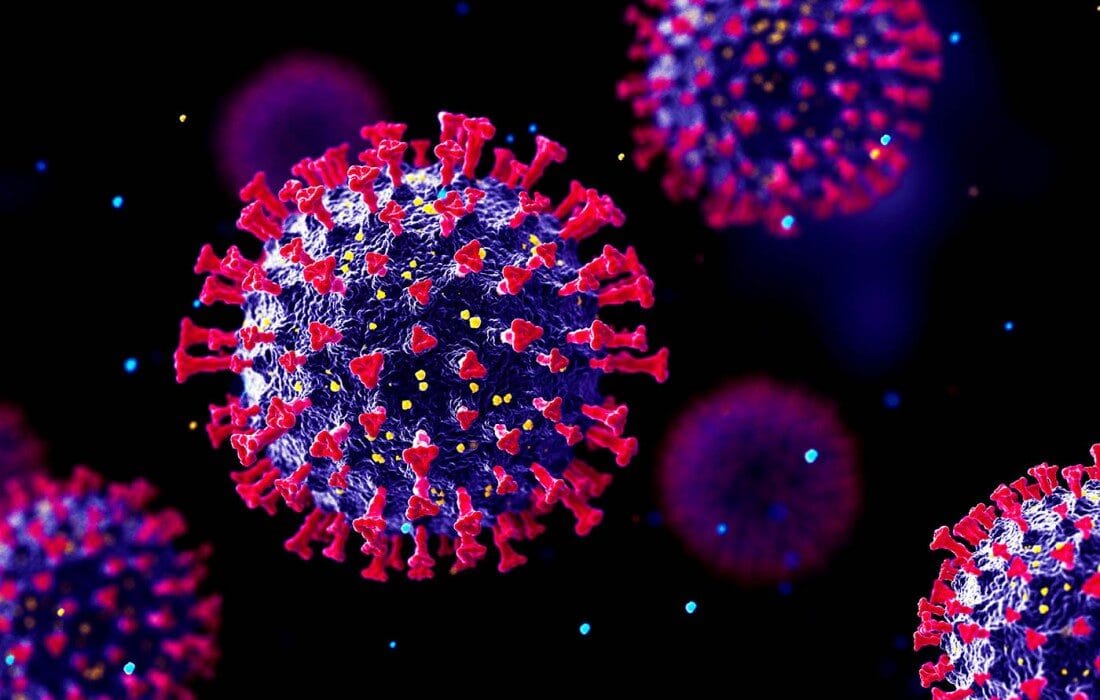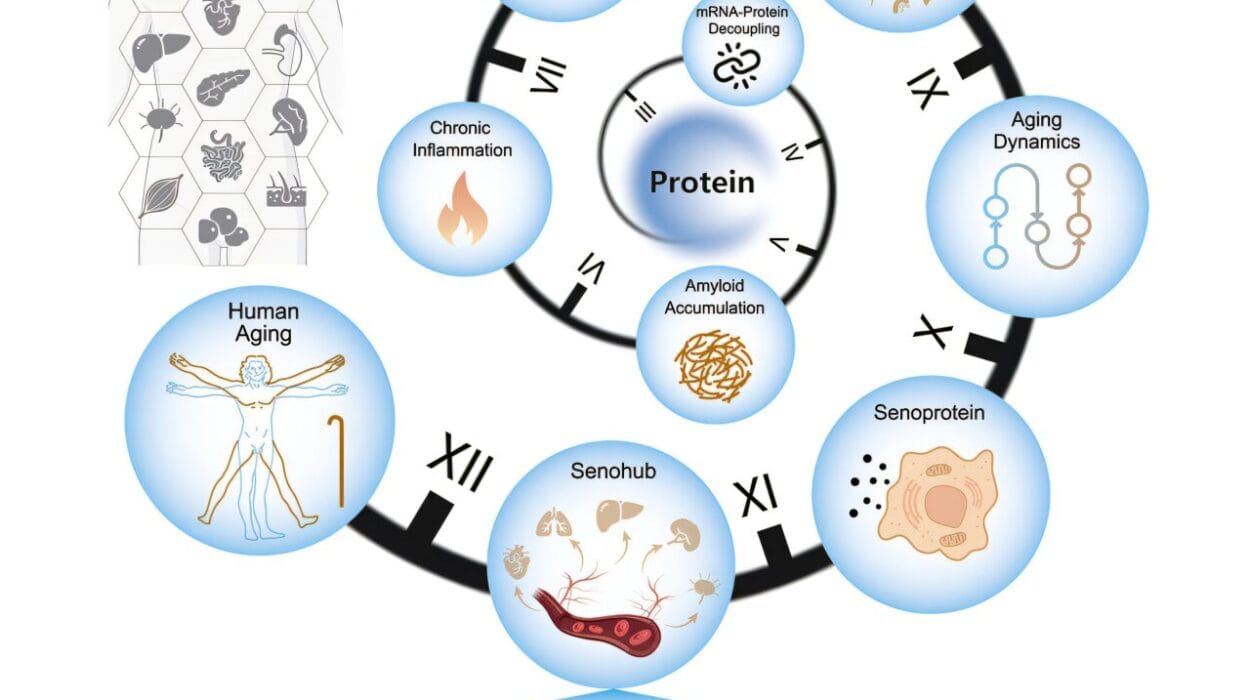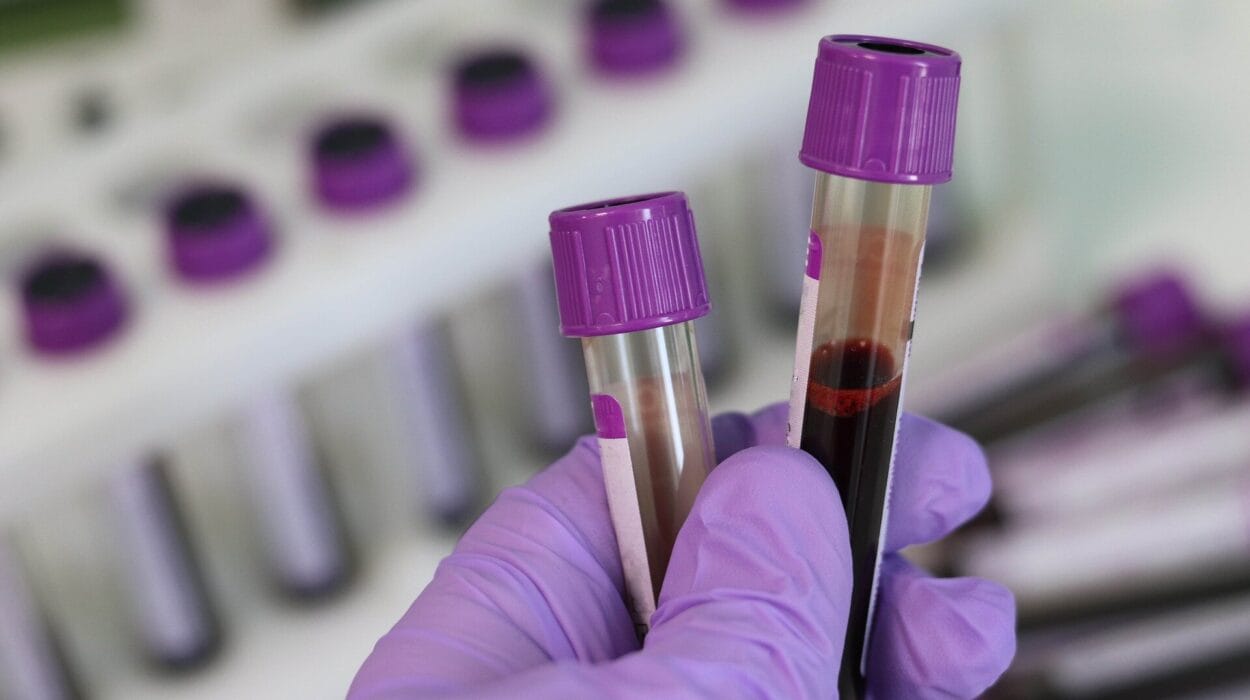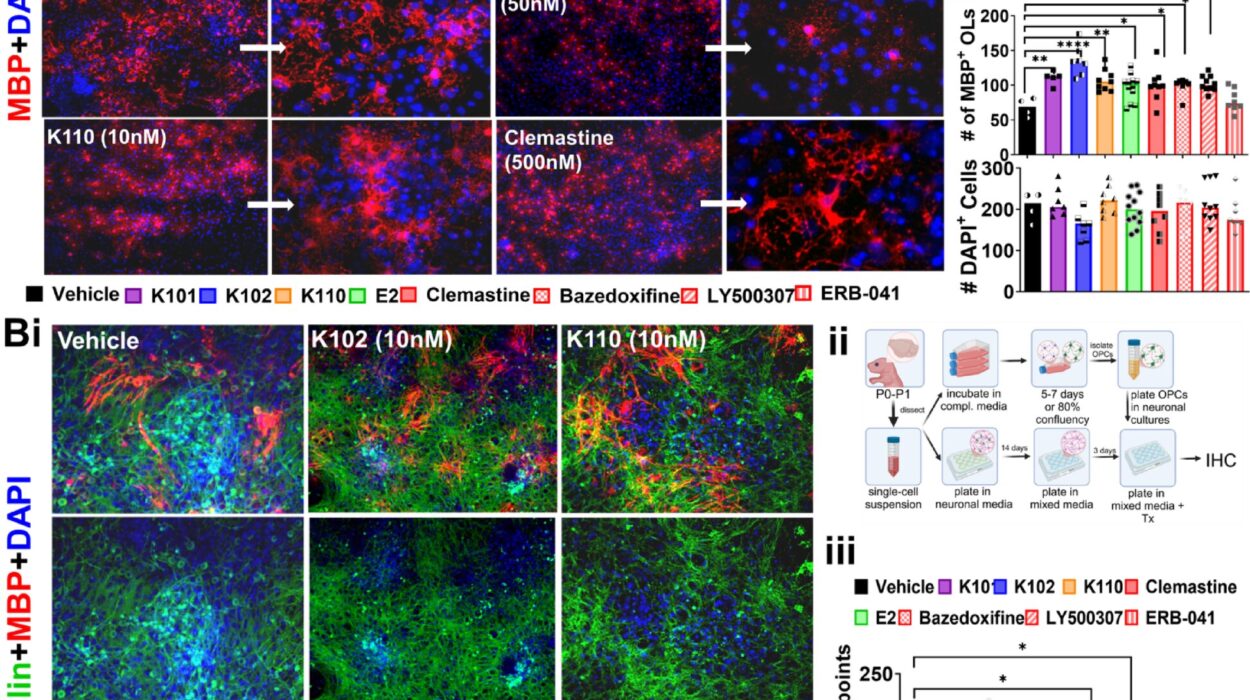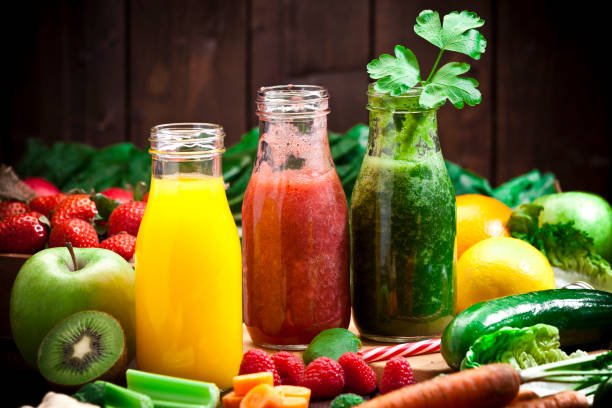Colorectal cancer has long been considered a disease of age—an illness that typically emerges after decades of cellular wear, environmental exposure, and accumulated risk. For generations, doctors viewed it as a predictable threat that shadowed people late in life. But over the past two decades, something unexpected has happened. The disease has begun moving backwards, toward youth. More and more adults under 50—many in their 30s, some even in their 20s—are receiving diagnoses that once felt unimaginable for their age group.
This alarming shift is most evident in high-income countries such as the United States, where lifestyle patterns and food environments have undergone rapid, sweeping change. Yet despite years of research, the underlying reasons behind this rise in early-onset colorectal cancer remain elusive. The trend appears to have no single cause, but rather a constellation of factors quietly reshaping public health.
A new study from Mass General Brigham, conducted as part of the Cancer Grand Challenges PROSPECT team, adds a compelling piece to this intricate puzzle. And for millions of people, the findings touch on an aspect of daily life so routine that its impact often goes unnoticed: the foods we eat.
A Closer Look at What We’re Eating
The researchers took a careful, long-term look at the diets and medical histories of nearly 30,000 women. These participants were part of the Nurses’ Health Study II, a landmark project that has tracked the health of female nurses for decades. The women in this study belonged to a generation already known to face a higher-than-expected risk of early-onset colorectal cancer. Their detailed health data provided scientists with an unusually rich opportunity to examine potential triggers.
Among the many variables the researchers evaluated, one stood out: the consumption of ultra-processed foods.
Ultra-processed foods are everywhere—at gas stations, in school cafeterias, in break rooms, and in the pantry of nearly every modern home. They are the ready-to-eat or ready-to-heat products engineered for convenience and taste. They often contain high amounts of sugar, salt, saturated fats, additives, preservatives, colorings, and refined ingredients. And importantly, their consumption has risen sharply over the same period during which early-onset colorectal cancer has become more common.
The question was simple but significant: could these foods, consumed daily by millions, be quietly influencing the development of colorectal cancer precursors in younger adults?
What the Study Revealed
The answer the researchers found was not subtle. Women who consumed the highest quantities of ultra-processed foods had a 45 percent higher risk of developing conventional adenomas—polyps that often serve as early warning signs for early-onset colorectal cancer. This comparison was made against women who consumed the least amounts of ultra-processed foods.
The result was striking for several reasons.
First, the relationship was linear. The more ultra-processed foods a participant consumed, the greater her risk became. There was no apparent threshold where the risk suddenly jumped; rather, it rose steadily with increased intake. This consistency suggests a meaningful connection that cannot be easily dismissed as coincidence.
Second, the finding was robust even after accounting for other known risk factors. The researchers adjusted for body mass index, type 2 diabetes, low dietary fiber intake, and several lifestyle variables. Still, the association held strong.
Third, the effect was specific. Ultra-processed food consumption was linked to conventional adenomas—lesions known to more commonly progress to early-onset colorectal cancer—but not to serrated lesions, which tend to grow more slowly and are less closely tied to the early-onset trend. This specificity hints that ultra-processed foods may influence colorectal tissue in ways that align with the aggressive patterns seen in younger patients.
On average, participants consumed 5.7 servings of ultra-processed foods per day, accounting for about 35 percent of their daily calories. This is slightly below the U.S. national average, meaning the typical American diet may put many people at even higher risk.
Why These Findings Matter
Colorectal cancer does not arise overnight. It often begins as a small cluster of abnormal cells—a polyp—that slowly evolves over years. Recognizing factors that increase the likelihood of these polyps forming is one of the most powerful ways to prevent the disease before it begins.
Andrew Chan, MD, MPH, senior author of the study and a gastroenterologist in the Mass General Brigham Cancer Institute, emphasized the importance of these findings. His message was direct: reducing intake of ultra-processed foods could be a key strategy in slowing the growing wave of early-onset colorectal cancer. His team’s research points to a compelling possibility—one that merits deeper investigation and could shape how future generations think about diet, health, and disease prevention.
Yet Chan also warned against oversimplification. Ultra-processed foods alone cannot explain the entire trend. Many patients with early-onset colorectal cancer report healthy diets and active lifestyles. This reality suggests that diet is just one part of a much larger picture, one that includes genetics, the microbiome, environmental exposures, lifestyle patterns, and possibly unknown factors.
Even so, the link to ultra-processed foods cannot be ignored. The consistency of the data, the strength of the association, and the biological plausibility all suggest that what we eat—particularly in childhood, adolescence, and early adulthood—plays a meaningful role in determining risk later on.
Understanding Ultra-Processed Foods More Deeply
Part of the challenge in addressing this issue lies in the diversity of foods labeled as “ultra-processed.” The category includes everything from packaged snacks and sugary cereals to frozen meals, processed meats, sweetened beverages, and certain protein bars. While they share features—refined ingredients, additives, flavor enhancers—not all ultra-processed foods are equally harmful.
The researchers behind the study acknowledge this limitation. To truly understand the impact, future research must take apart this broad category and identify which foods carry the greatest risks and why. Some may disrupt gut microbiome balance. Others may promote inflammation. Some may cause metabolic changes that subtly influence cell growth over time. The mechanisms are still being unraveled.
What is clear, however, is that the rise in ultra-processed food consumption has moved in lockstep with the rise of early-onset colorectal cancer. This parallel alone warrants attention.
The Broader Reality: A Growing Health Crisis
The increase in colorectal cancer among younger adults is more than a medical statistic. It is a deeply human story. It is the story of people blindsided by diagnoses at ages when careers are beginning, families are forming, and life feels most full of possibility. It is the story of patients who do not fit the traditional profile, yet find themselves confronting aggressive diseases.
Physicians across the United States report seeing more young patients in their clinics—patients who never imagined they would need a colonoscopy in their 20s, 30s, or early 40s. For some, symptoms are mistaken for benign problems until the cancer has advanced. This shift has prompted major organizations to lower the recommended screening age from 50 to 45, with ongoing discussions about whether screening should begin even earlier for some individuals.
Understanding why this trend is happening is not just a scientific challenge—it is a public health imperative.
Looking Beyond Diet: The Questions Still Unanswered
If diet cannot fully explain the rise in early-onset colorectal cancer, what else might be driving it?
Researchers are exploring possibilities that include shifts in gut microbiome composition, rising rates of metabolic disorders, increased sedentary behavior, antibiotic exposure in childhood, environmental toxins, and stress. Each of these factors—alone or in combination—could influence cellular aging, inflammation, or immune function in ways that promote cancer development earlier in life.
The Mass General Brigham team is actively working to uncover these missing pieces. They hope that a clearer understanding of risk factors will allow for earlier detection, more personalized prevention strategies, and better clinical outcomes for younger patients.
Toward a Healthier Future
While the findings from this study do not provide all the answers, they do offer something deeply valuable: clarity about a risk we can modify. Ultra-processed foods are not unavoidable. They are convenient, affordable, and often marketed aggressively—but they are not essential for health. Reducing their presence in our diets is a practical step that carries benefits beyond cancer prevention, including improvements in metabolic health, cardiovascular health, and overall well-being.
The rising tide of early-onset colorectal cancer is a reminder that our bodies respond to the world we live in. Our choices, environments, and habits leave lasting imprints. By paying attention to emerging scientific insights—like the connection between ultra-processed foods and adenoma formation—we give ourselves the best chance to rewrite the future of this disease.
More information: ltra-Processed Food Consumption and Risk of Early-Onset Colorectal Cancer Precursors among Women, JAMA Oncology (2025). DOI: 10.1001/jamaoncol.2025.4777
